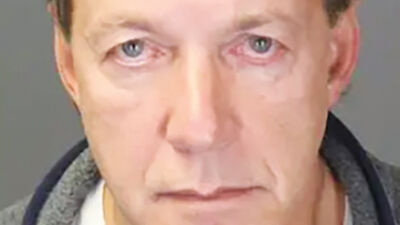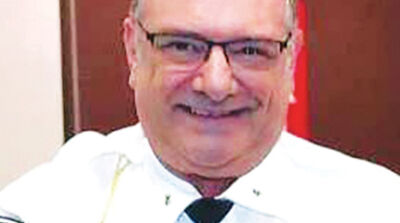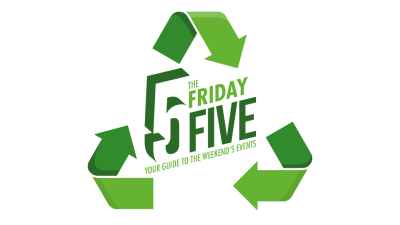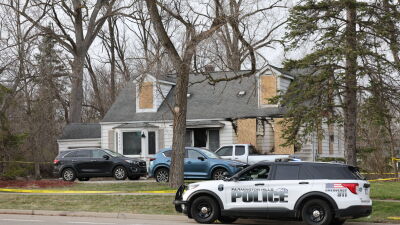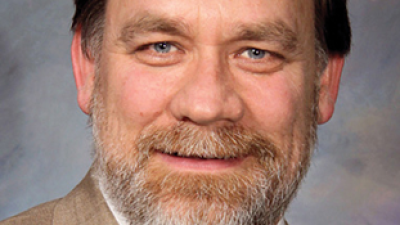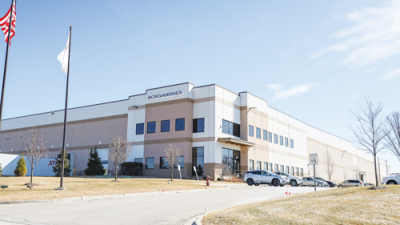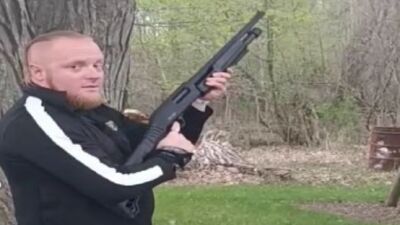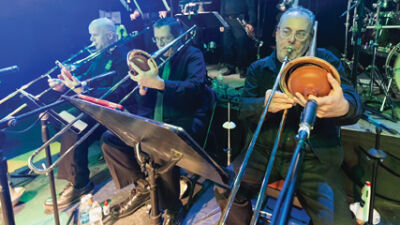WEST BLOOMFIELD — Families Against Narcotics, a Macomb County-based nonprofit, and the West Bloomfield Fire Department have teamed up on an initiative to help individuals struggling with substance use disorder.
Hope and Healing is a hospital- and fire-and-rescue-based version of FAN’s flagship Hope Not Handcuffs program, which has connected people to addiction treatment more than 11,600 times since its launch in 2017, according to a press release.
The program “aims to bring community organizations together to find viable treatment options for individuals seeking help to reduce their dependence on prescription medications, heroin, alcohol, and other drugs,” the release states.
Anyone who is battling substance abuse can go to any Hope and Healing affiliated fire department or community partner to ask for help.
“They will be greeted with support, compassion, and respect,” the release states.
A trained FAN volunteer will meet with them and work with FAN’s call center to get them the treatment they need, according to the release.
Individuals can also access treatment by calling FAN’s “Hope Line” at (833) 202-4673.
The stations that are a part of the program are Station 1, 4601 Orchard Lake Road.; Station 2, 6925 W. Maple Road; Station 3, 3340 Green Lake Road.; Station 4, 5842 Greer Road.; Station 5, 5425 W. Maple Road.; and Station 9, located at 3300 Orchard Lake Road in Orchard Lake.
Fire Chief Gregory Flynn said that the program is an opportunity for those seeking help with drug addiction to start the process of connecting with a counselor “to navigate to wellness.”
“To this date we don’t have any surrenders or anybody coming in to turn any paraphernalia in or to seek any kind of assistance, but we want to be a beacon for people in the community that are looking for a safe place to initiate recovery,” Flynn said. “We’re measuring our efforts to partner with other stakeholders to provide an opportunity for recovery from addiction, and we think that’s a positive way of engaging those partners and our community. … We fundamentally believe at the WBFD that addiction knows no socio-economic boundaries, and so having these kinds of resources to connect those that are battling addiction and looking for counselors for recovery – we want to bridge that gap and make that bridging of those resources as accessible as possible for the community.”
 Publication select ▼
Publication select ▼



